15 Mistakes That Nearly Ended Nintendo
PocketEpiphany
Published
03/10/2021
in
facepalm
It’s kind of a miracle Nintendo is still around. While the company singlehandedly brought console gaming back after the video game crash, they ended up making a series of wild mistakes that nearly destroyed the company.
Don’t believe that the Big N nearly went away? Here are the mistakes that very nearly doomed Nintendo as a company.
Don’t believe that the Big N nearly went away? Here are the mistakes that very nearly doomed Nintendo as a company.
- List View
- Player View
- Grid View
Advertisement
-
1.
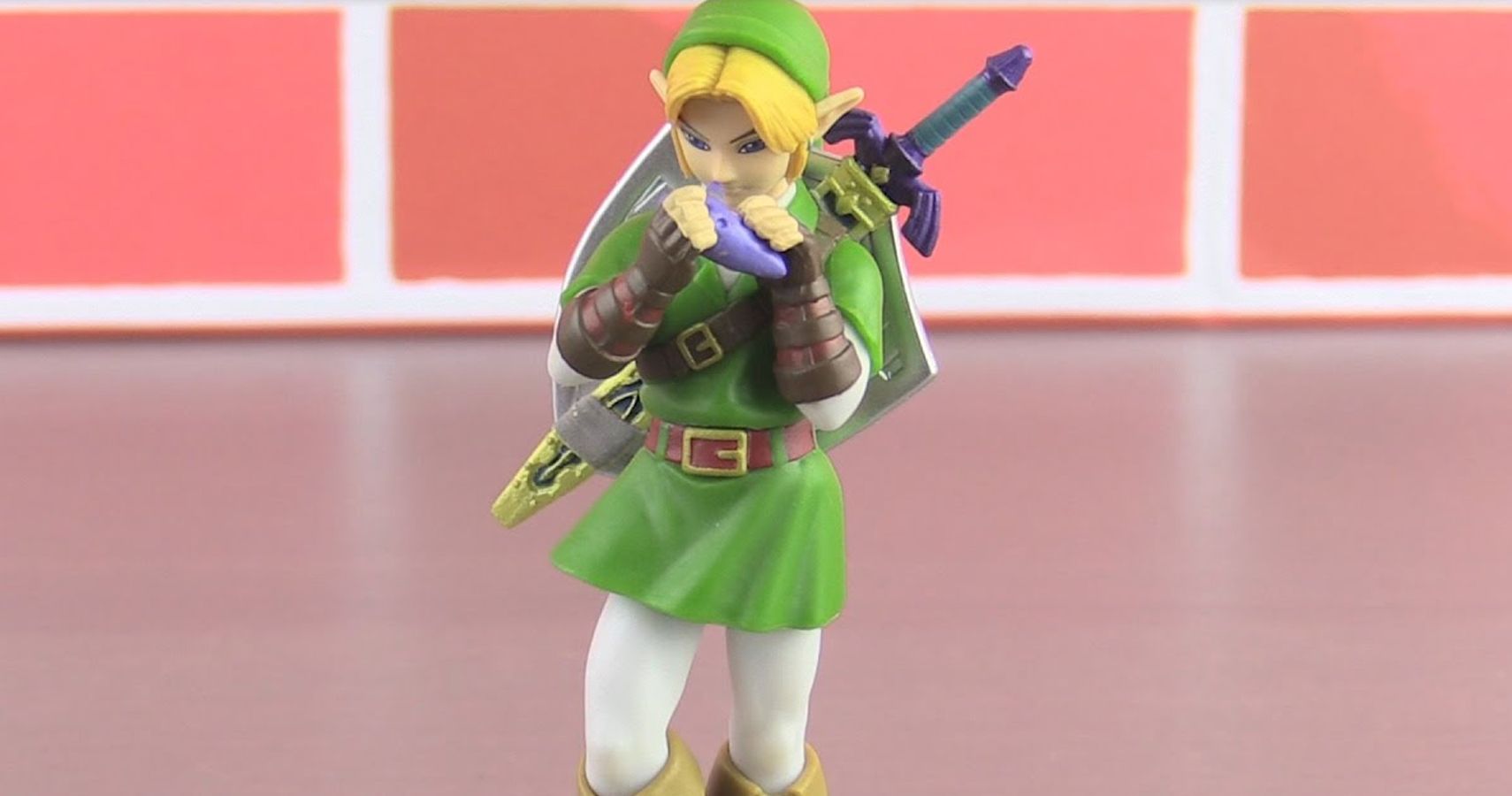 Amiibo Shortages
Amiibo Shortages
At the end of the day, Nintendo will always be like Wile E Coyote after he catches the Road Runner. And we can see this with how they handled the early days of the Amiibo.
Amiibos were the perfect product for the company. They were collectible figures that added gameplay benefits, meaning they were coveted by collectors and gamers alike. But for the first two years, many Amiibo would sell out and end up costing way too much on the secondary market.
Eventually, Nintendo matched the supply to the demand. But there were two long years where the company managed to piss off just about everyone who had ever bought an Amiibo. -
2.
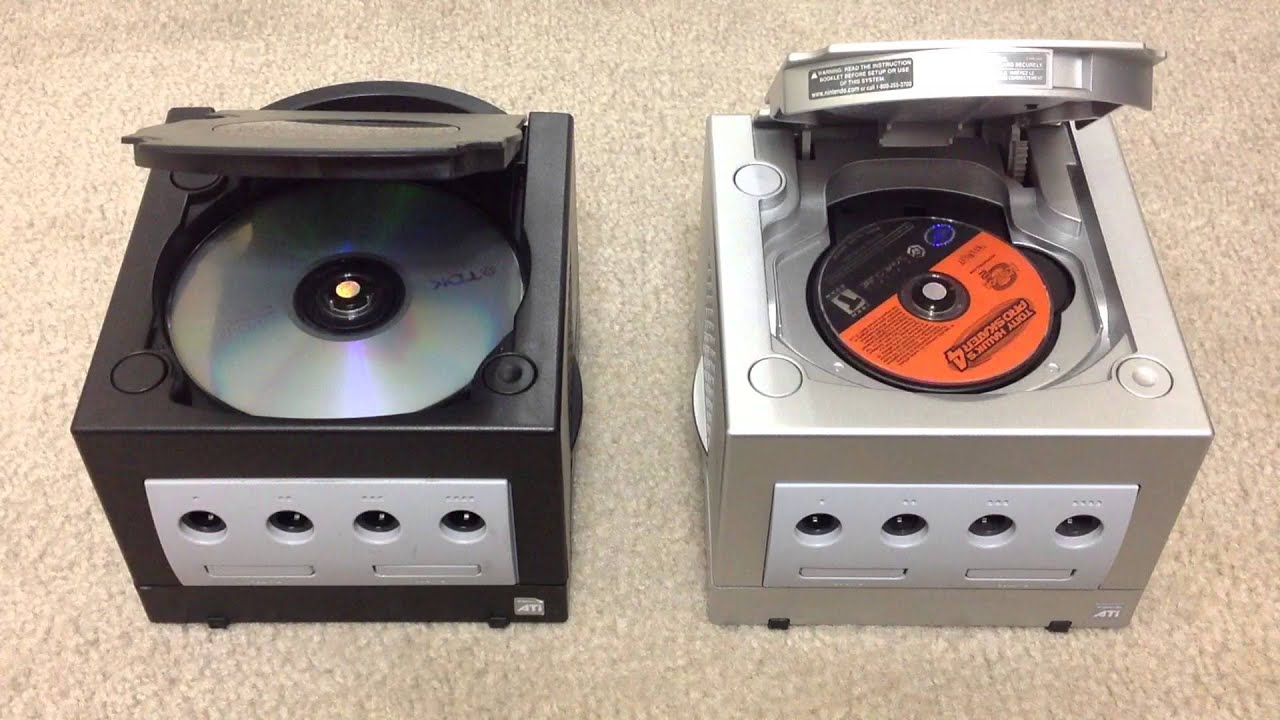 The Gamecube Micro Discs
The Gamecube Micro Discs
At first, the Gamecube looked like Nintendo was getting with the times and embracing disc-based gaming. However, the company quickly proved how little they had learned from previous mistakes.
Instead of using DVDs, the Gamecube used GD-Roms that held far less data. This made it hard for developers to port games or even design games with the Gamecube in mind. Adding insult to injury, the presence of a DVD player was what helped cement the PlayStation 2 as the best game console back in the day. -
3.
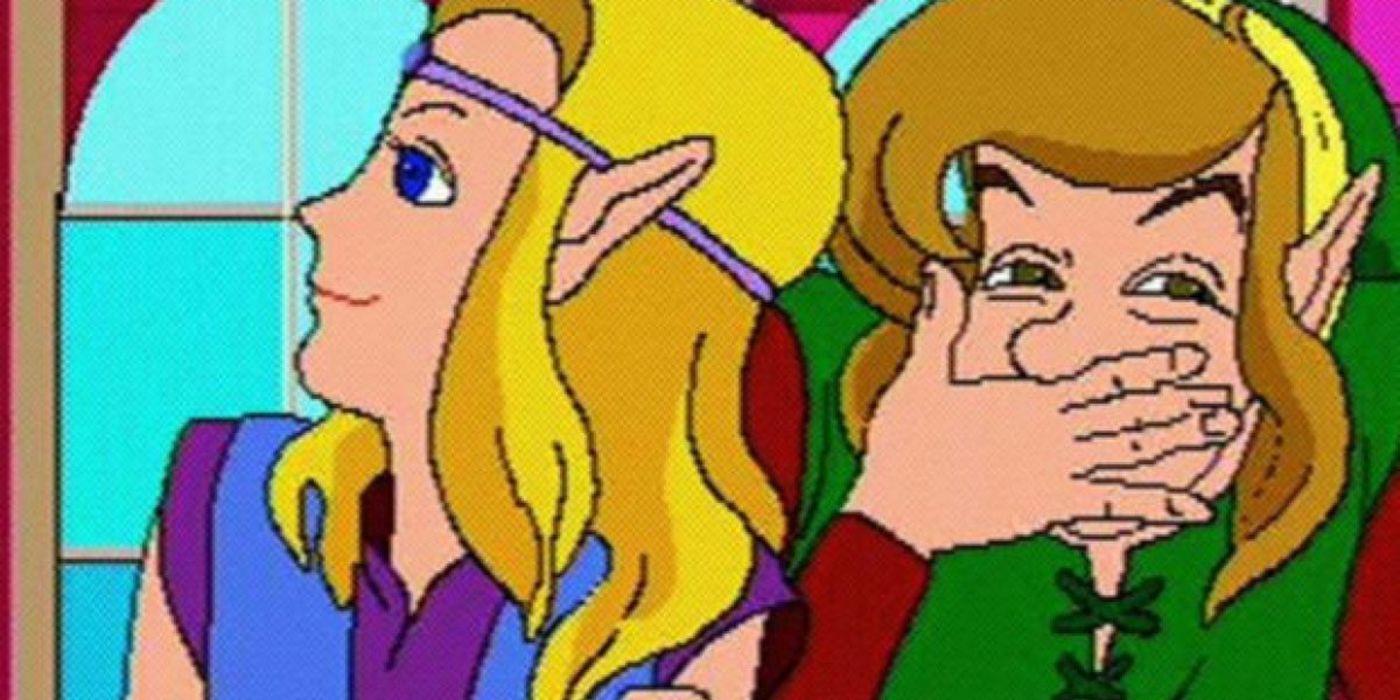 The CD-I Years
The CD-I Years
Nintendo has a well-earned reputation for protecting its beloved characters. In the early days, though, they loaned these characters out a little too freely.
One big example of this comes in the form of those weird-ass games on the Philips CD-i. This led to such forgettable titles as Hotel Mario, Mario Takes America, and the infamous Zelda: The Wand of Gamelon.
Considering these games are used as punchlines decades later, you can see just how bad they really were! -
4.
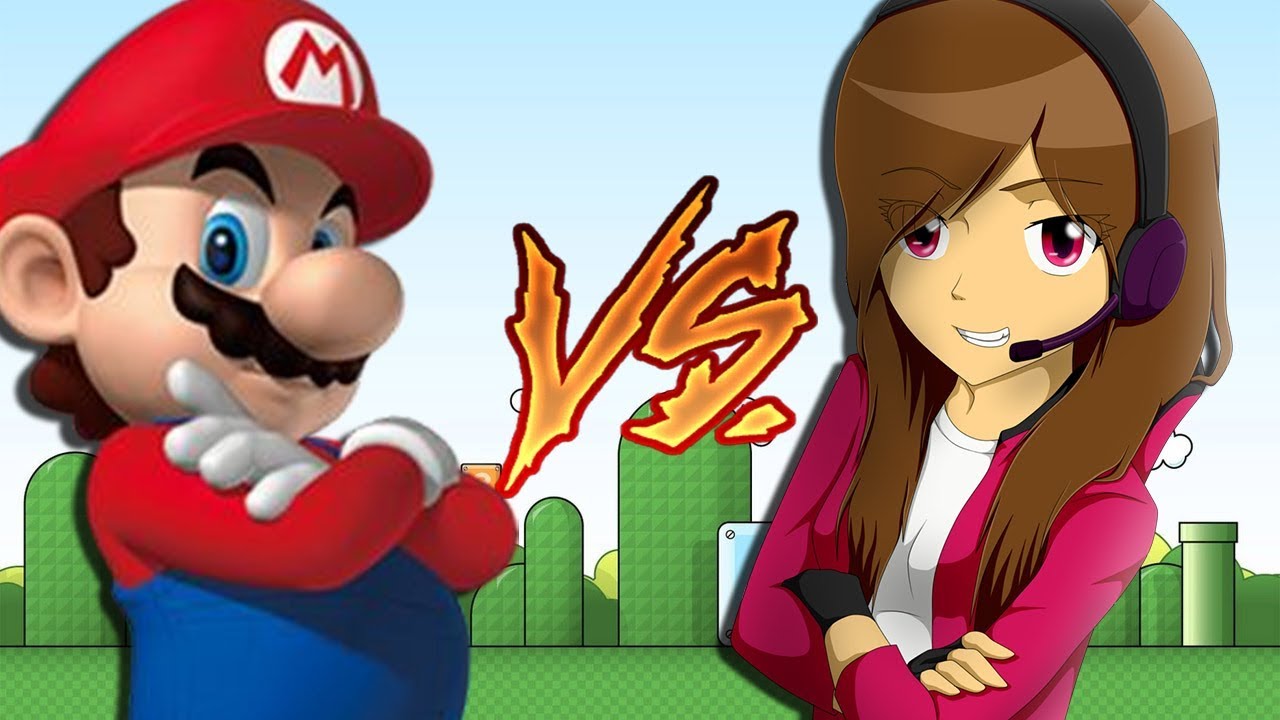 Nintendo Hates Streamers
Nintendo Hates Streamers
Who is Nintendo’s greatest enemy? It’s not Sega, but it just might be YouTube.
A few years ago, Nintendo declared war on the streaming community. They went after streamers who showcased Nintendo games and then tried to backtrack their bizarre decision with a badly-designed “loyalty program.”
For all of their experience, Nintendo couldn’t grasp that these streamers were offering free advertisement for Nintendo. To put it mildly, this shows a complete misunderstanding of the modern gaming landscape. -
5.
 Too Casual-Friendly
Too Casual-Friendly
Right now, Nintendo has carved a niche as a casual-friendly gaming company. In previous years, though, this focus on those “filthy casuals” really held the company back.
The Wii was a success in large part because it appealed to non-traditional gamers. And Nintendo leaned into this by embracing basic games and turning their backs on major games and core gaming audiences.
The result is that the Wii became the home for crappy shovelware and the Wii U failed to attract enough core and casual gamers (it didn’t help that it lacked the “fun factor” of the motion controls). When the Switch came out, Nintendo had to rebuild relationships with core gamers and third-party developers once more. -
6.
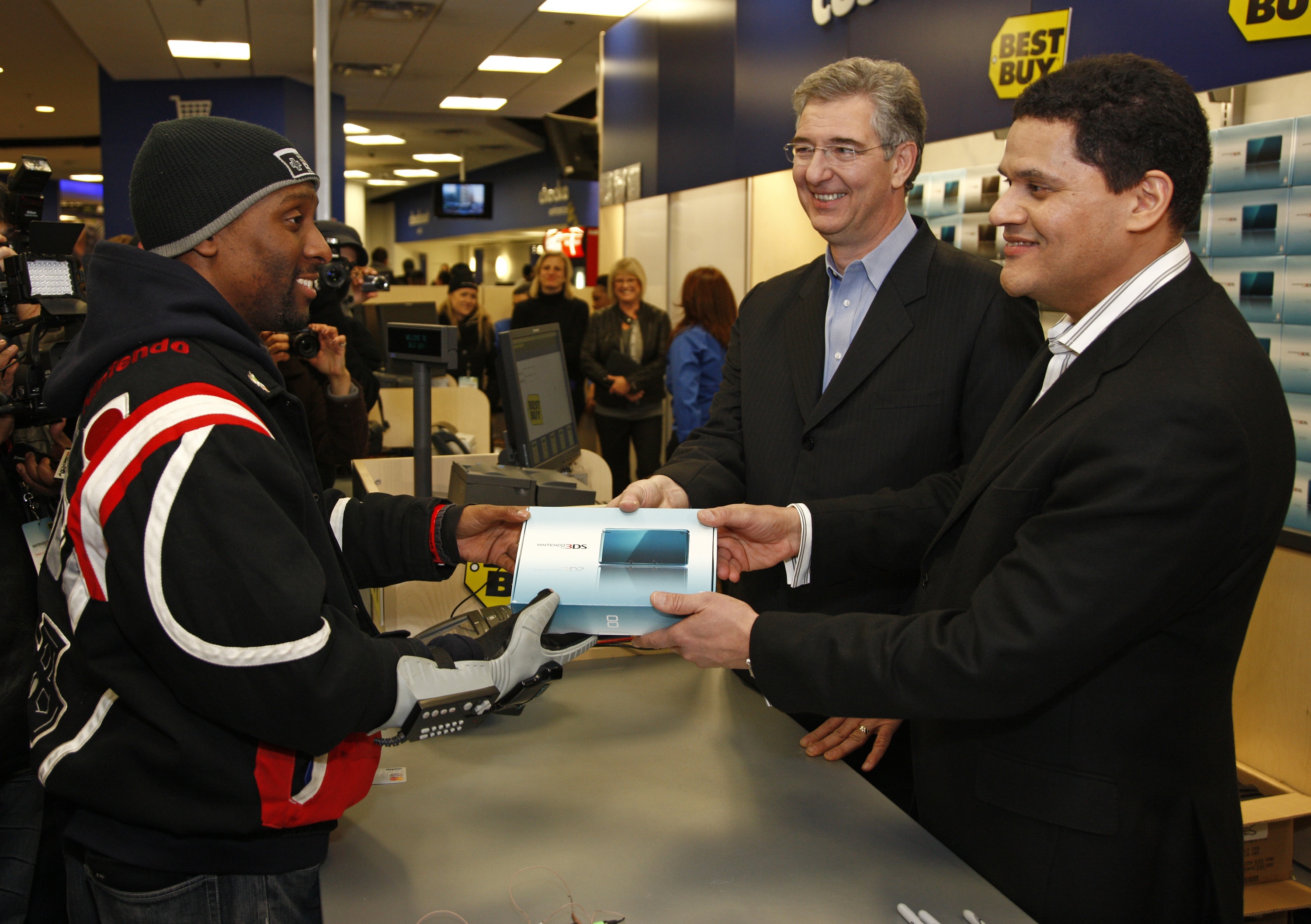 Overpriced 3DS
Overpriced 3DS
Normally, Nintendo systems do one of two things: they either fail or they succeed. But with the Nintendo 3DS, the company managed to do both!
The system launched at $249.99. Between this and the lackluster game lineup, most gamers weren’t biting. Nintendo eventually dropped the price to $169.99 and apologized to those early adopters with some free games.
That’s not bad as far as apologies go. But gamers didn’t forget that Nintendo tried to charge way too much for a new handheld with very few good games. The 3DS eventually became very successful, but it nearly died out of the gate. -
7.
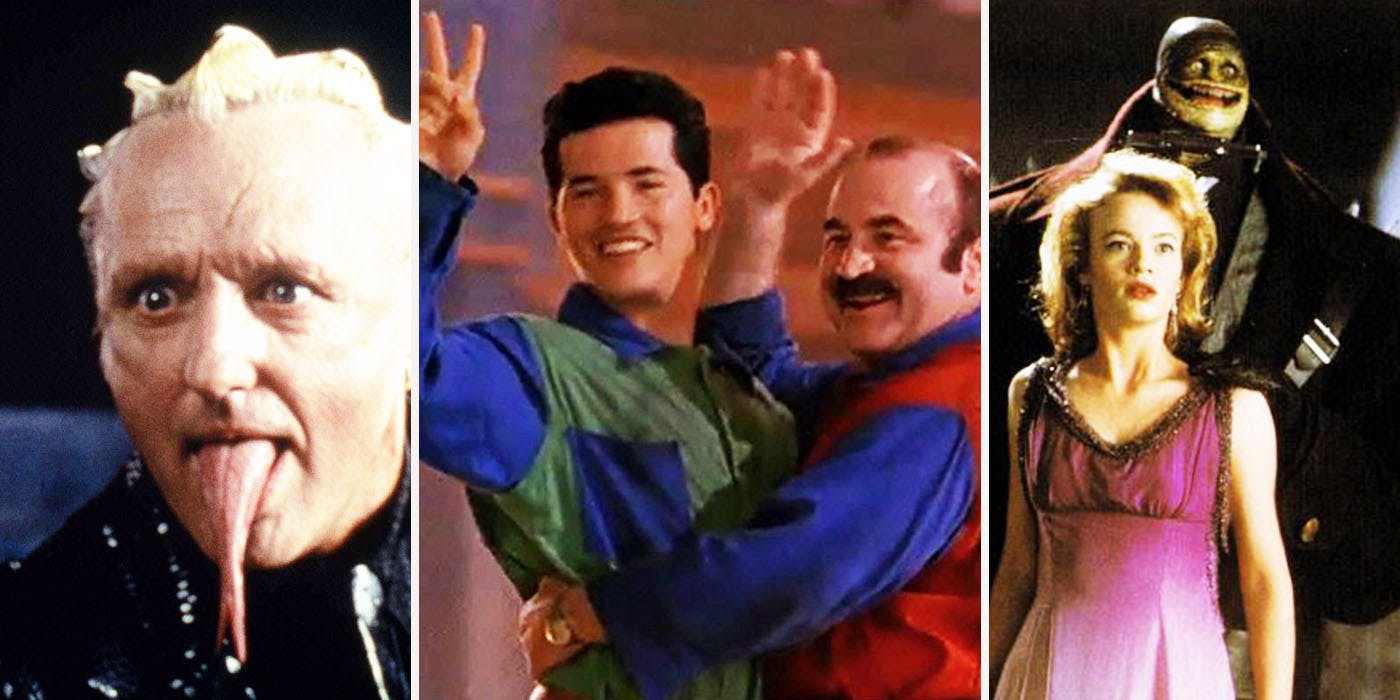 Mario Goes Live-Action
Mario Goes Live-Action
Even to hardcore gamers, it’s an open secret that movies based on games are awful. And one of the biggest reasons for this was the disastrous Super Mario Bros live-action movie.
Despite some fun performances, the movie was plagued by an incomprehensible plot. It’s downright painful to watch unless you’ve swallowed a few of Mario’s special ‘shrooms beforehand.
Basically, this movie should have been Mario’s biggest moment yet. Instead, this is a chapter of Nintendo history the company wants everyone to forget. -
8.
 Scaring Away Third Parties
Scaring Away Third Parties
These days, Nintendo is pretty much synonymous with first-party characters like Mario and Link. But have you ever wondered why this is?
The short answer is that since the days of the SNES, Nintendo has been scaring third parties away. By using cartridges for the N64 and GD ROMs for the Gamecube, they made it hard for developers to create games.
Later on, a combination of quirky system design (the Wii and Wii U) and strange policies (including not working with indie developers unless they met certain criteria) further drove third-party devs away. And it wasn’t until the Switch that Nintendo found the balance of accessible systems and accessible policies. -
9.
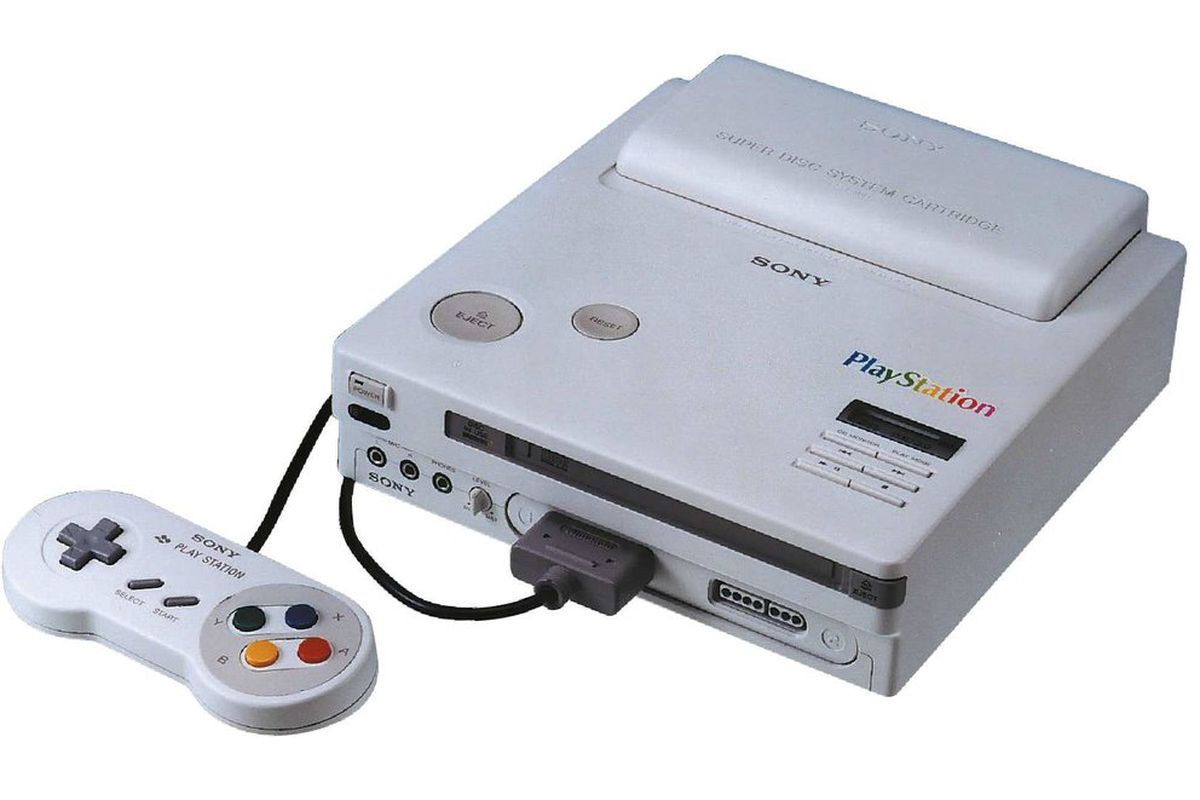 Pissing Off Sony
Pissing Off Sony
The idea of creating your biggest enemy through your arrogance sounds like the stuff of comic books. But for Nintendo, this was just another bizarre mistake.
Back in the day, Nintendo and Sony had a deal where Sony would help the Big N develop a CD add-on for the SNES. Nintendo broke the deal and Sony decided to make a system on their own. That system was the Sony PlayStation, and it quickly established Sony as the future of the video game market. -
10.
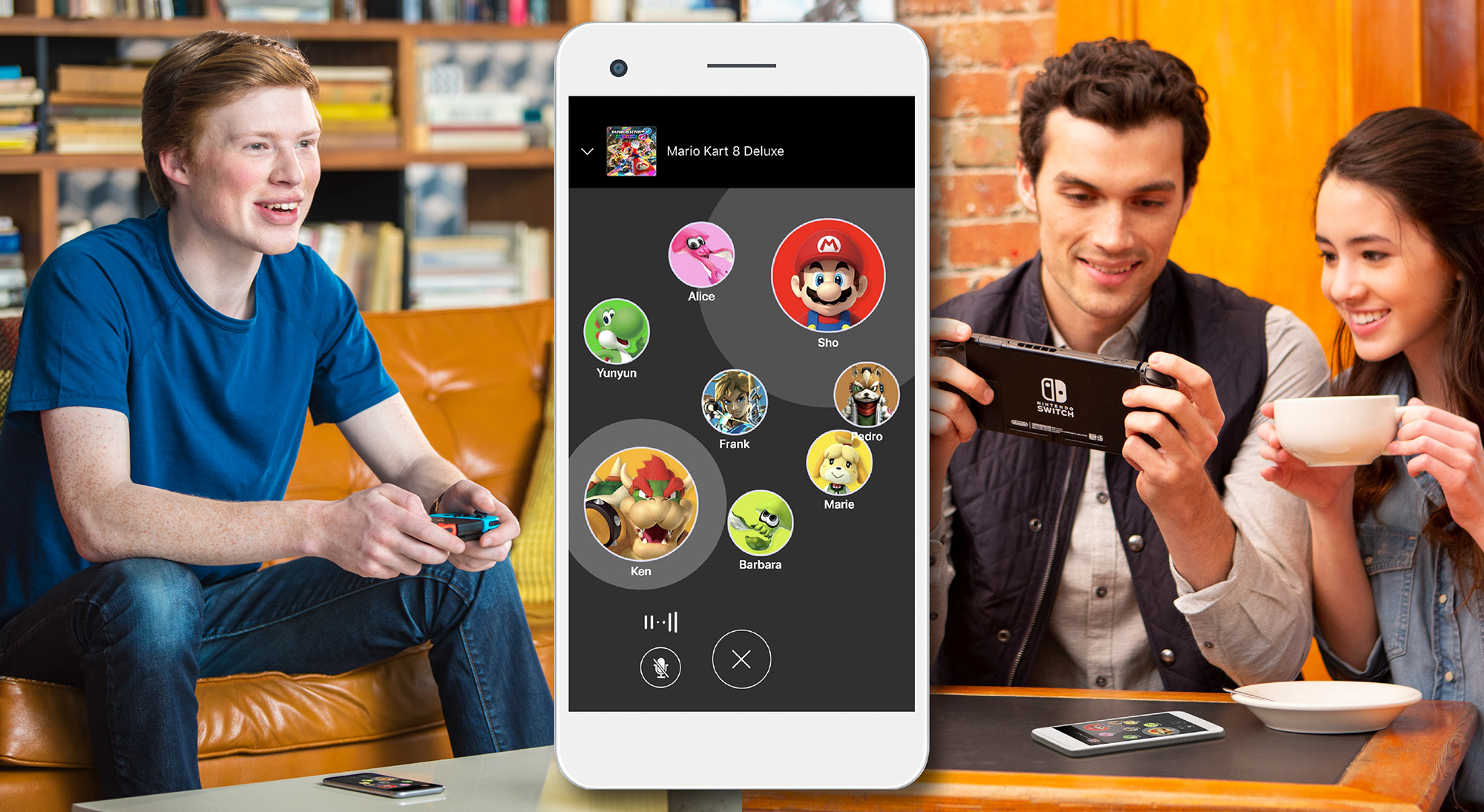 Bad Online Features
Bad Online Features
Want to know the one thing Nintendo hates more than fan-made games? Online gaming, of course.
As a company, Nintendo maintained that players didn’t care about online gaming. This is why playing with other people was so difficult across so many consoles. And even with the Switch, Nintendo forces you to download a smartphone app simply to talk with other gamers.
Long story short? Anyone who focuses mostly on online gaming left Nintendo behind long ago. -
11.
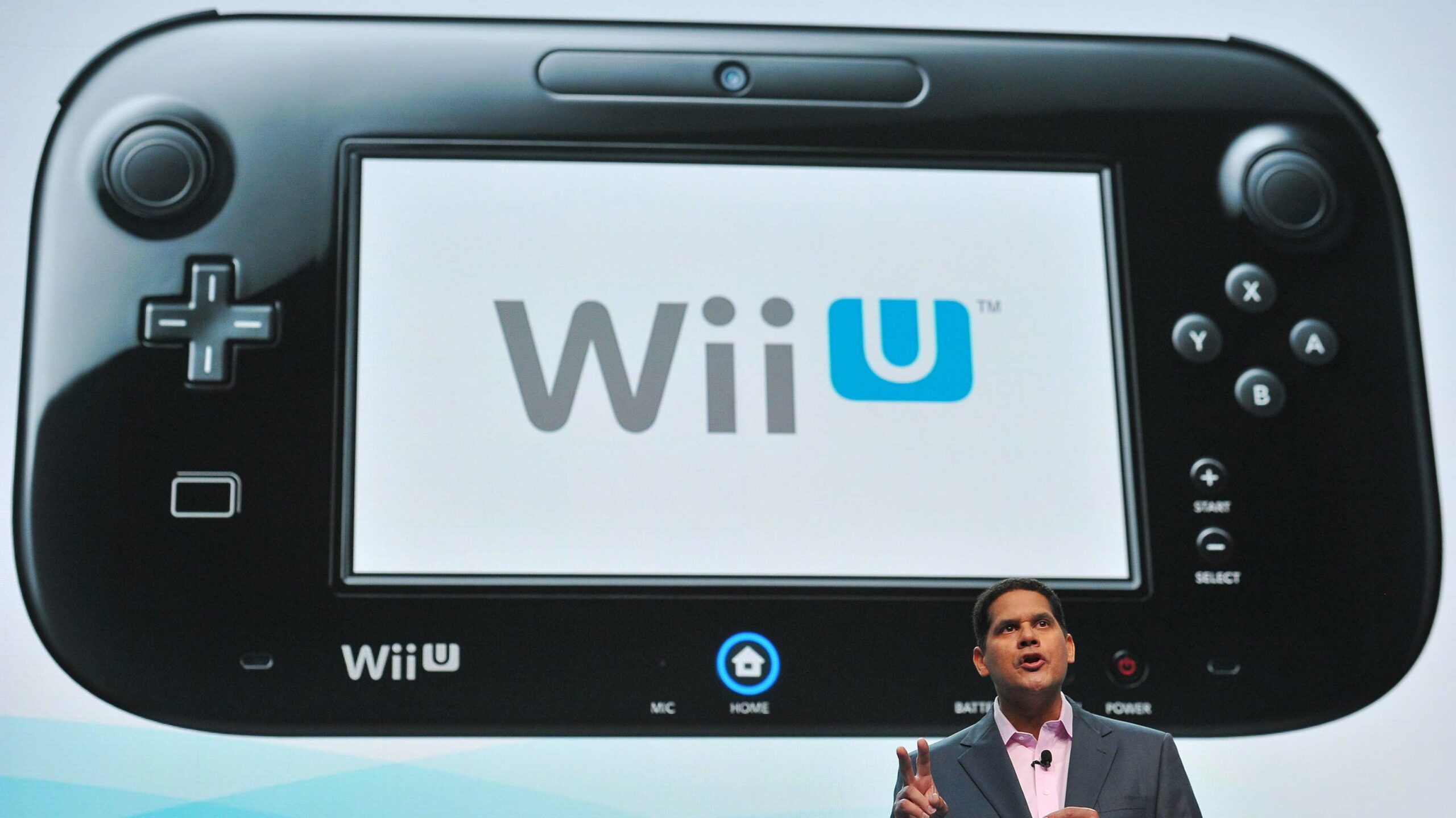 Disastrous Wii U Launch
Disastrous Wii U Launch
The success of the Nintendo Wii helped to bring the company back from the brink. But the Wii U nearly spelled the end of the company.
Its name was confusing to many parents and non-traditional gamers who didn’t know the difference between the Wii and Wii U (something reinforced by some really confusing early commercials). Meanwhile, hardcore gamers decided to hold out for Microsoft and Sony’s latest systems.
Along the way, Nintendo made it hard for third-party developers to make games for the system with everything from confusing console design to baffling company police. It’s actually a miracle Nintendo came back from this. -
12.
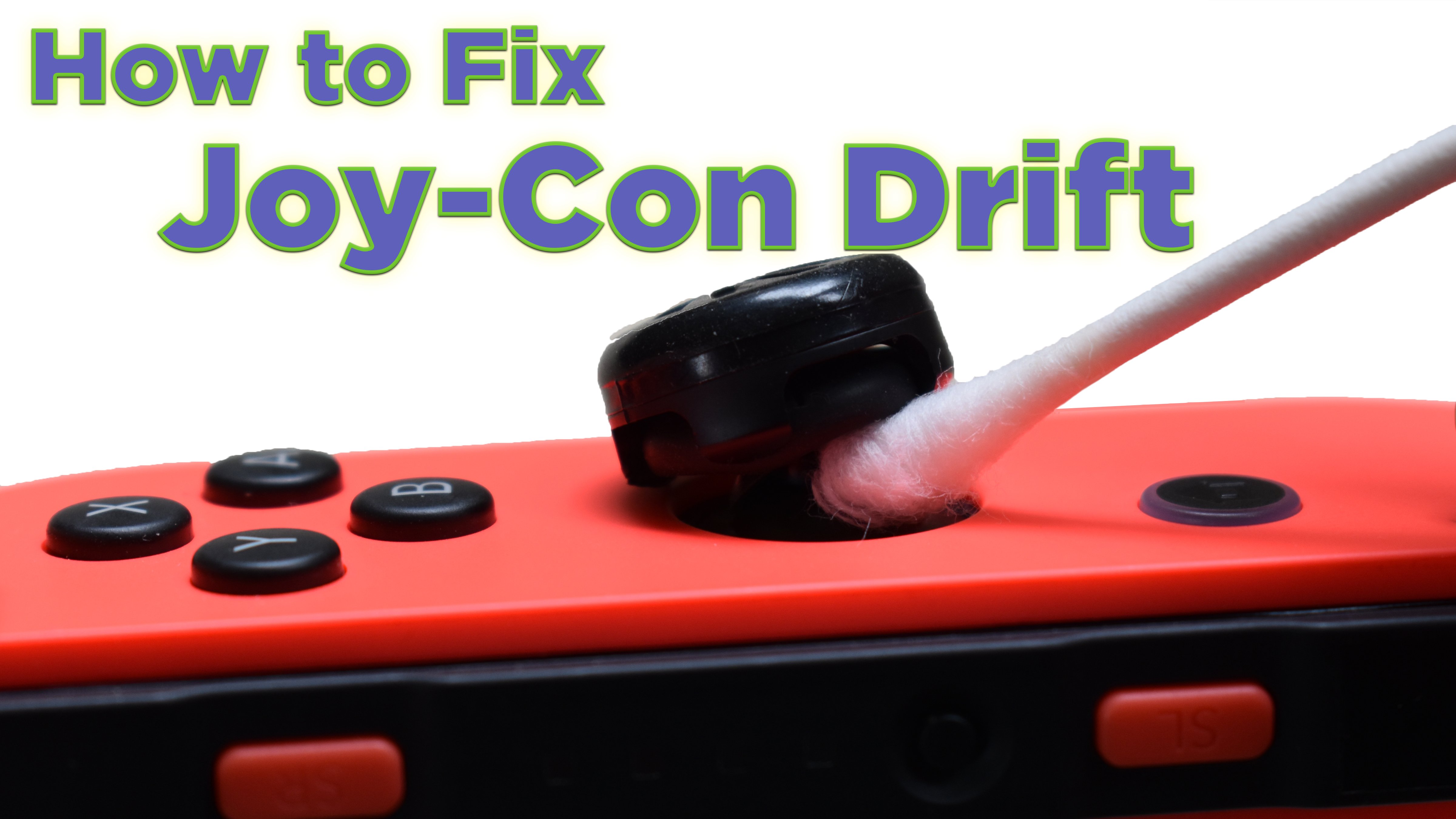 Drifting Joy-Cons
Drifting Joy-Cons
When it comes to legal actions, Nintendo is usually the one making someone’s life miserable. But with the Nintendo Switch, the Big N brought the legal hammer down on themselves.
Players have been reporting issues with drifting Joy-Con controllers since the system came out. Nintendo tried to stay quiet about this issue and ended up facing three different lawsuits over this matter. In all likelihood, this issue is going to cost the company many billions of dollars. -
13.
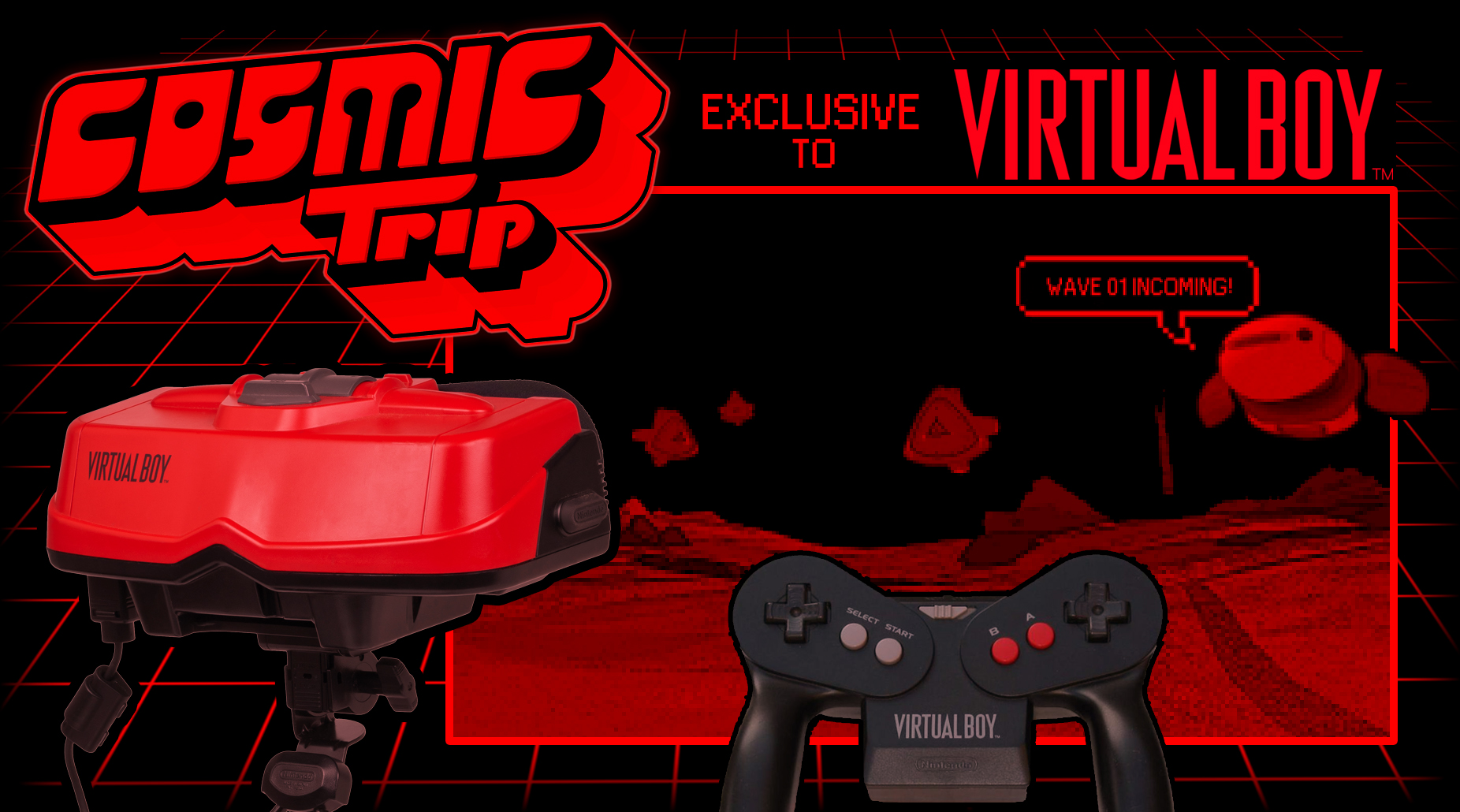 The Virtual Boy
The Virtual Boy
Are you looking for a good two-word summary of Nintendo’s mistakes? All you have to say is “Virtual Boy.”
This early foray into 3D gaming was bad on almost every level. The red coloration looked ugly, the bulky system was uncomfortable, and playing it would literally induce headaches. Throw in a lackluster game library and you have the worst system Nintendo ever made. -
14.
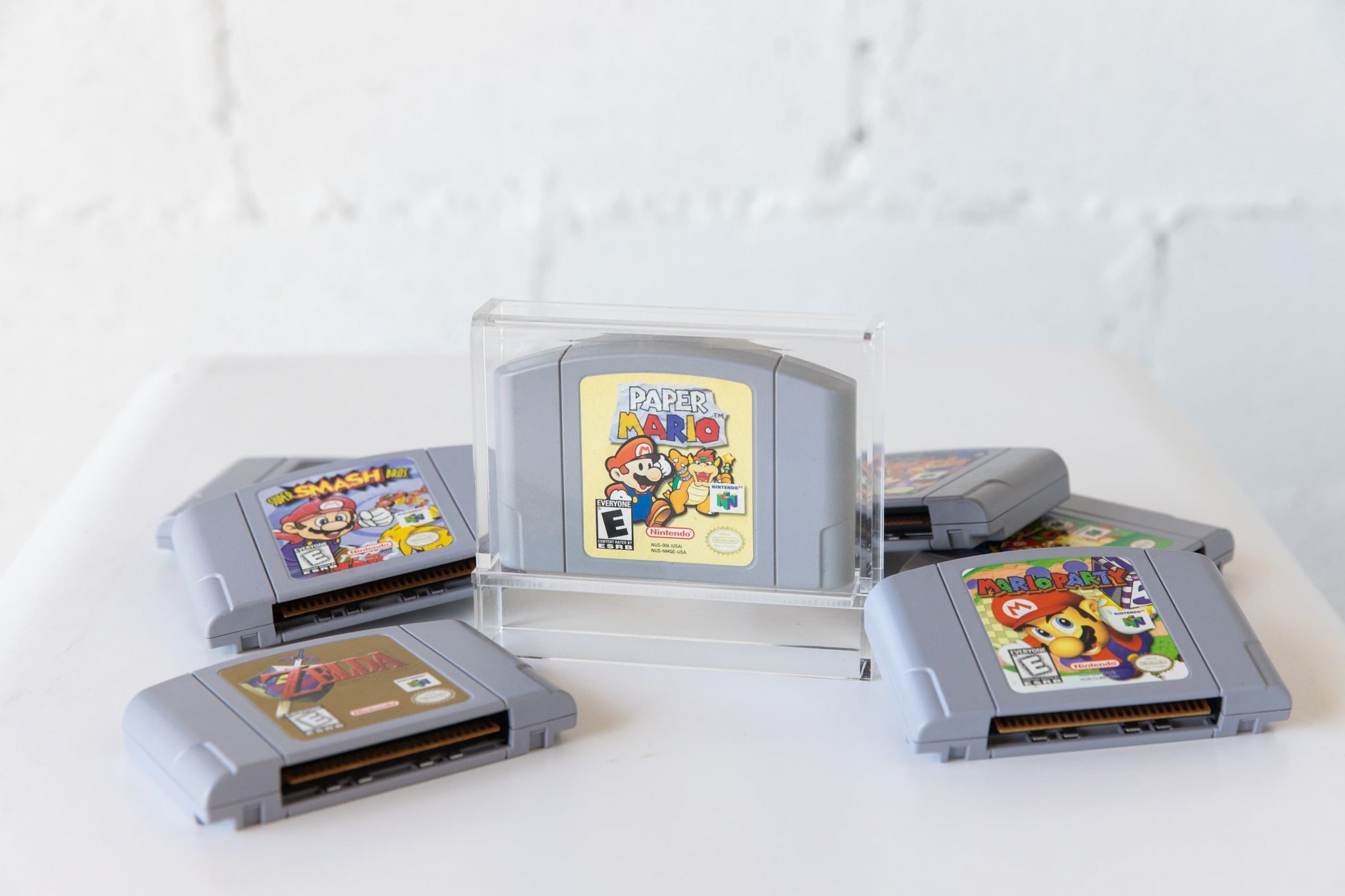 Going All-In On Cartridges
Going All-In On Cartridges
By the time the Nintendo 64 came out, it was clear that discs were the future of gaming. However, Nintendo stubbornly decided to go with cartridges for their new system.
This caused so many problems for the company and consumers, though. Cartridges seriously limited how much data could be included, keeping many ports off of the N64. And developers struggled with making games for the cartridge even while the high manufacturing costs made Nintendo’s games cost way more than the competition’s games. -
15.
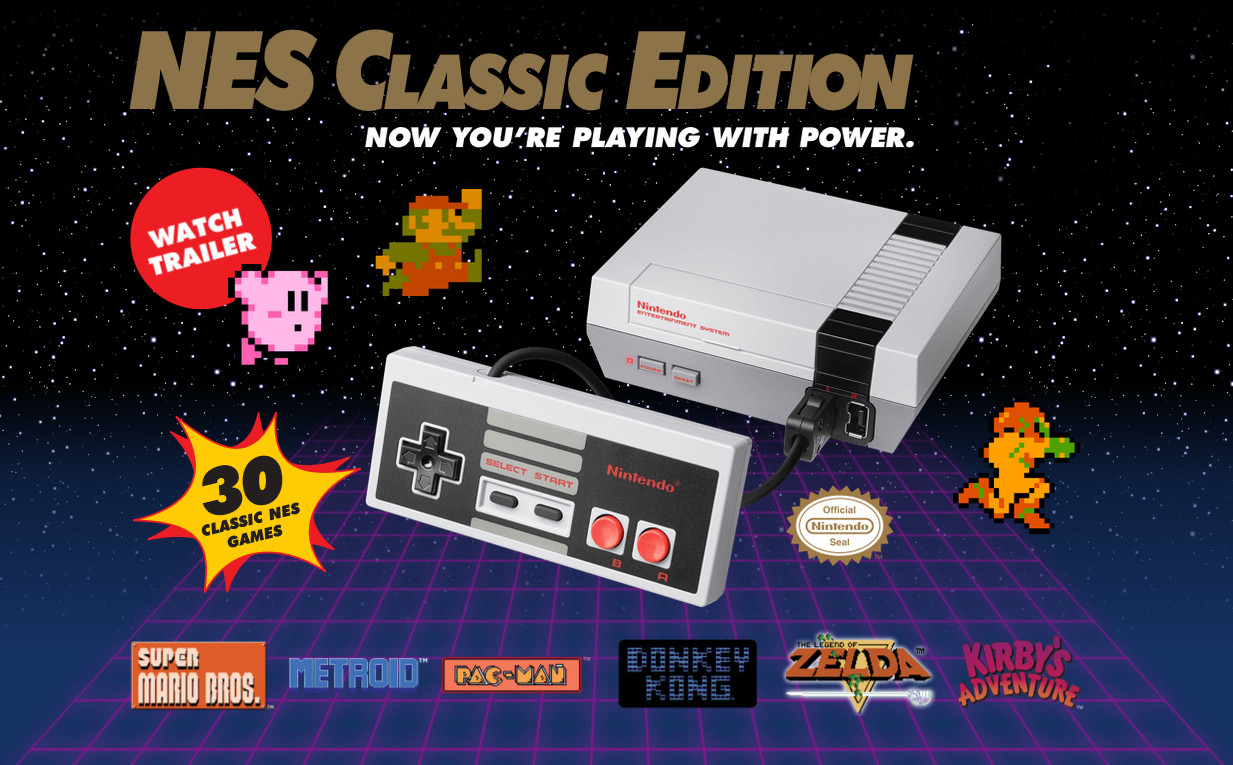 Some “Classic” Mistakes
Some “Classic” Mistakes
It doesn’t sound very smart to simply throw money away. But that’s exactly what Nintendo did with the NES Classic.
If you don’t remember, that system sold like hotcakes and soon sold out. Instead of making more Classics to keep up with demand, Nintendo pulled the plug in favor of marketing the Switch.
This effectively left countless dollars on the table. And while the Switch ended up being a big success, we’re fairly sure it would have succeeded even if it shared some retail space with the NES Classic.
- REPLAY GALLERY
-
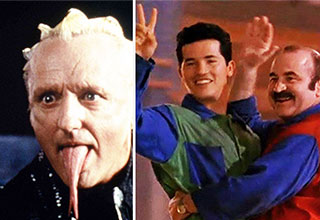
- 15 Mistakes That Nearly Ended Nintendo
- NEXT GALLERY
-

- 50 Snacks From the 80s We Just Can't Forget About
Amiibo Shortages
At the end of the day, Nintendo will always be like Wile E Coyote after he catches the Road Runner. And we can see this with how they handled the early days of the Amiibo.
Amiibos were the perfect product for the company. They were collectible figures that added gameplay benefits, meaning they were coveted by collectors and gamers alike. But for the first two years, many Amiibo would sell out and end up costing way too much on the secondary market.
Eventually, Nintendo matched the supply to the demand. But there were two long years where the company managed to piss off just about everyone who had ever bought an Amiibo.
15/15
1/15


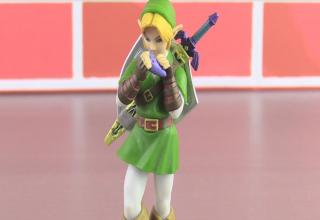

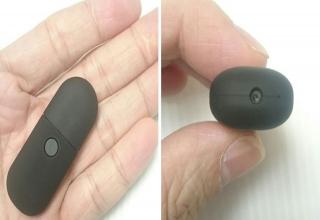

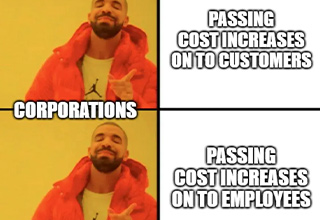
4 Comments